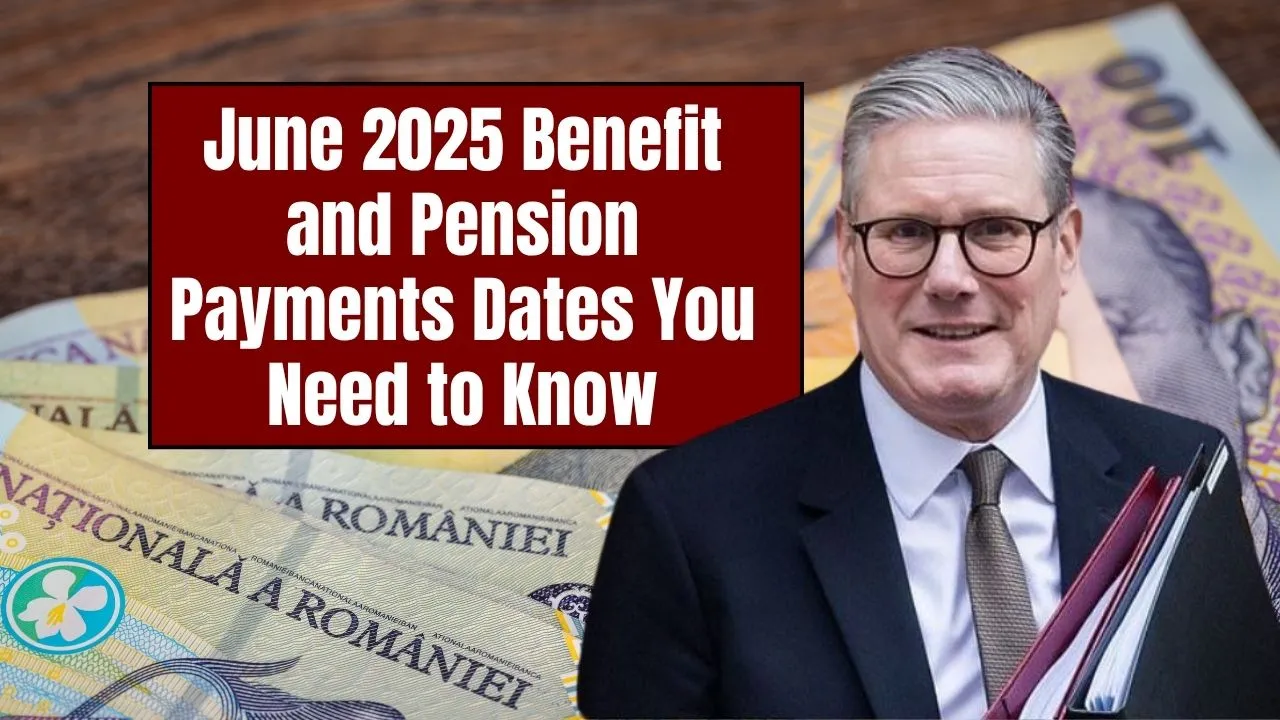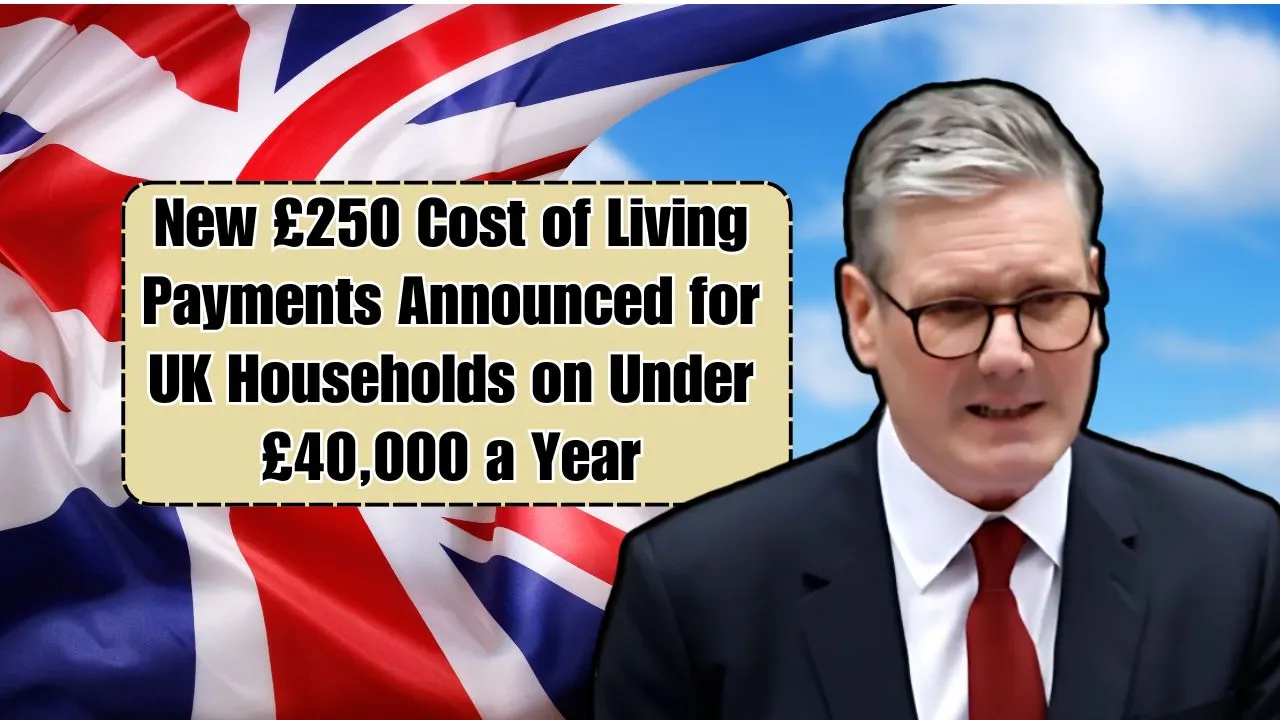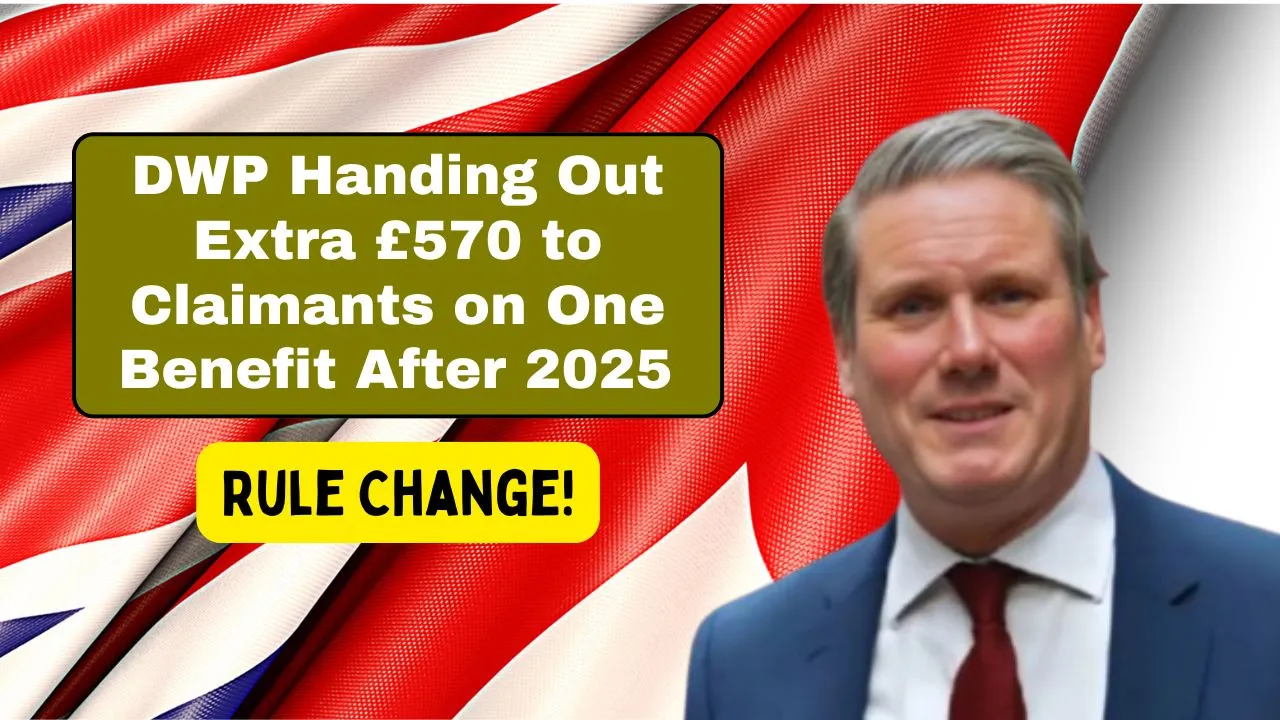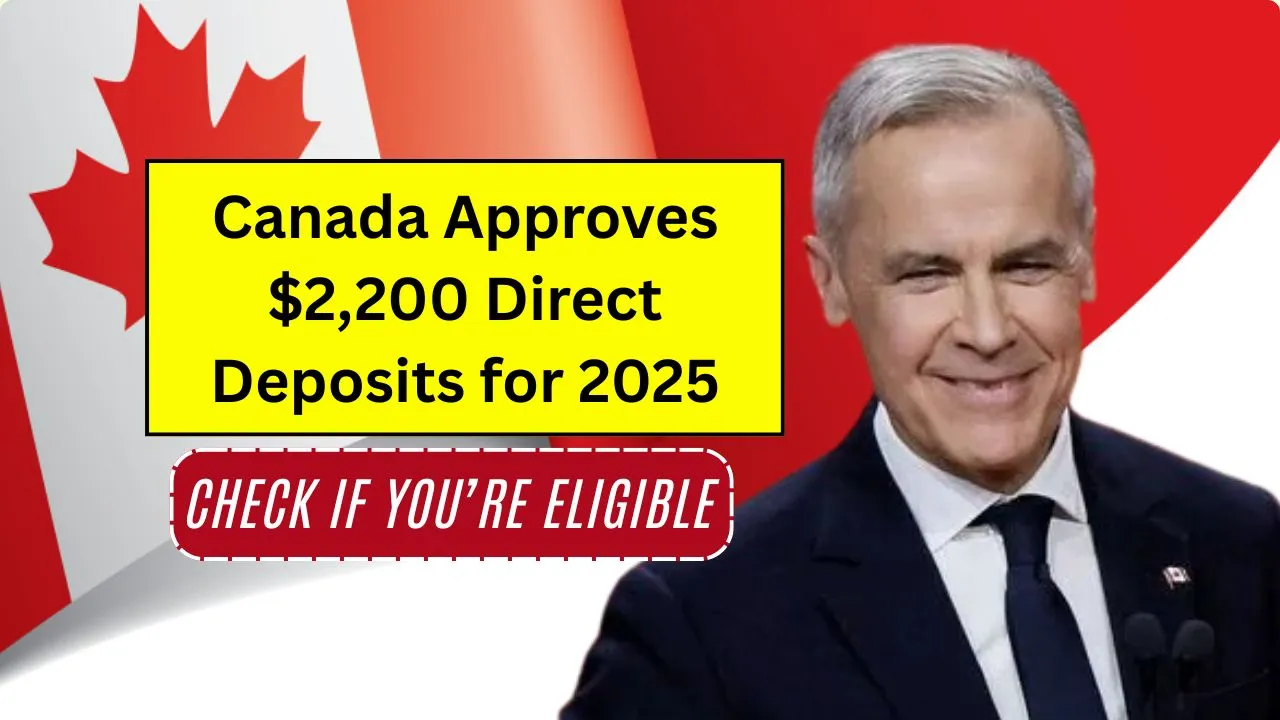June 2025 benefits and pension payments: With living costs still rising, knowing when benefit and pension payments arrive in June 2025 is essential for budgeting and peace of mind. Many households rely on these funds to cover rent, bills, and daily needs—especially during peak pressure periods. This guide will help you prepare by outlining the key dates and resources for June payments, ensuring you receive support without a hitch.
The June 2025 benefits and pension payments are arriving as usual this month, with index-linked increases already applied. Benefits rose by 1.7%, while the State Pension increased by 4.1% under the triple lock. Staying informed about these dates helps avoid unnecessary delays and keeps your finances on track.
June 2025 Benefits and Pension Payments
Understanding the schedule for June 2025 benefits and pension payments is especially important for those juggling rising household bills and uncertain economic changes. With updates to benefit rates and pension amounts already in effect since April, recipients can expect slightly higher payments this month. Staying informed not only helps ensure you receive your entitlements on time but also allows you to plan ahead—especially if you rely on multiple forms of support like Universal Credit, PIP, or the State Pension.
Overview Table: June 2025 Payments at a Glance
| Benefit/Pension Type | June Payment Schedule |
| Universal Credit & Legacy Benefits | Paid on the standard schedule: DWP will continue usual monthly payment run without delay |
| State Pension & Pension Credit | Paid every 4 weeks based on the final two digits of your NI number |
| Other Benefits | Includes Child Benefit, PIP, DLA, ESA, Carer’s Allowance, Income Support, JSA—paid as usual |
| Benefit Rises in April | All working-age benefits up by 1.7%; State Pension up 4.1% |
| Universal Credit Changes | Minor April increase; larger rise planned April 2026 for standard allowance |
| Qualifying Week for State Pension | 15–21 September determines eligibility for Winter Fuel Payment |
| Automatic Adjustments | No need to reapply for uprated benefits or new payment thresholds |
| Advice Channels | DWP, HMRC, energy suppliers, and mental health charities are available for support |
Key June Payment Dates
June Payments Are On Time: The DWP reports no delays in June. All scheduled payments under Universal Credit and legacy benefits will release as normal.
State Pension & Pension Credit: Arranged by NI number, payments fall on these weekdays:
- NI 00–19: Monday
- NI 20–39: Tuesday
- NI 40–59: Wednesday
- NI 60–79: Thursday
- NI 80–99: Friday
Other Benefits: These follow standard four-week cycles—expect your usual payment date unless otherwise notified.
April Uplifts: What You Get This June
Your June payments include the April uplifts:
- Working-age benefits: increased by 1.7%
- State Pension: up 4.1%, in alignment with wage growth
- Minimum wage: also rose 6.7% in April, boosting household incomes
Overall, this builds stronger financial resilience this month despite rising costs.
What’s Changing Soon
Universal Credit Changes (April 2026):
- Standard allowance to rise by £7/week from April 2026
- Health-related element frozen at £97/week
- New claims for health benefits reduced—apply soon if eligible
Legacy Benefits Migration:
- DWP aims to move all recipients to Universal Credit by January 2026
- Look out for transition notices if you’re on tax credits, ESA, JSA, or Housing Benefit
Budgeting Advanced Loans:
- Available to help with essential costs up to £812 for families
- No interest and flexible repayment via Universal Credit, capped at 15%
Other Support Available
Charitable Grants:
Grants exist for carers, disabled people, bereaved families, and more. Check Turn2us online for tailored help.
Energy Assistance:
Providers like British Gas, EDF, E.ON offer support for struggling households. British Gas Energy Trust provides grants up to £2,000.
Council Tax Relief:
Councils may offer reductions or complete exemptions to residents on low incomes or benefits.
Childcare Support:
30 hours of free childcare for ages 3–4, plus new provisions for younger children—check gov.uk for details.
Mental Health Support:
Free services available via Samaritans (116 123), Mind (0300 102 1234), Scope forums, and NHS online triage.
Why This Matters Now
Rising utility bills and inflation mean every penny counts for households on fixed incomes or benefits. The combined boosts and reliable payment dates reduce financial stress and help families plan. Increased access to assistance programs also means broad-based support is easier to get without waiting.
Final Thoughts
June’s benefits and pension payments are arriving on schedule and include crucial increases to face today’s budget pressures. With careful monitoring of NI-based pension days and eligibility for other benefits, you can ensure smooth delivery. Don’t forget to review available grants and mental health support if you’re struggling.
Check your account regularly this week, stay aware of upcoming Universal Credit changes, and reach out if you miss a payment or need guidance. With the right information, you can navigate financial challenges and access the full support available.
FAQs
Q1. When will I get my June benefits and pension payment?
State Pensions & Credit arrive every 4 weeks—timed by your NI number. Other benefits follow their usual payment schedules.
Q2. Do I need to apply for my April benefit increase?
No. The 1.7% increase was automatic in April; future adjustments to Universal Credit in 2026 will also be applied automatically.
Q3. I’m on Universal Credit—any changes I should know?
Starting April 2026, standard payments will increase by £7/week. Health-related portions are frozen, so consider applying early if you qualify.
Q4. Can I still access other forms of support?
Yes—budgeting loans, grants, energy support, childcare, and mental health services are available through various providers.
Q5. What if my payment doesn’t arrive on time?
First check DWP messages; if there’s no record of payment, contact DWP or your local support channels for help.











